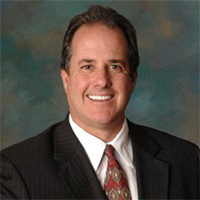Millbury Estate Lawyer, Ohio
Sponsored Law Firm
-
 x
x

Click For More Info:
-
R. Lasko Co. LPA, LLC
1406 W 6th St STE 200, Cleveland, OH 44113» view mapBusiness, Estate, Real Estate, Employment Competent Legal Representation
Let R. Lasko Co. LPA, LLC handle all your legal needs today!
216-574-2602
Martin J. McManus
✓ VERIFIEDAccident & Injury, Criminal, Traffic, Divorce & Family Law, Estate
Martin J. McManus, a third generation attorney, has long been dedicated to the practice of personal injury, wrongful death, car accident, medical malp... (more)
Kurt J. Wicklund
Consumer Protection, Copyright, Entertainment, Estate Planning
Status: In Good Standing
FREE CONSULTATION
CONTACTDaniel F Zigray
Estate Planning, Guardianships & Conservatorships, Litigation, Wills & Probate
Status: In Good Standing
Ernest Eugene Cottrell
Real Estate, Estate Planning, Estate, Criminal
Status: In Good Standing Licensed: 40 Years
 Ronald Lasko Cleveland, OH
Ronald Lasko Cleveland, OH AboutR. Lasko Co. LPA, LLC
AboutR. Lasko Co. LPA, LLC

